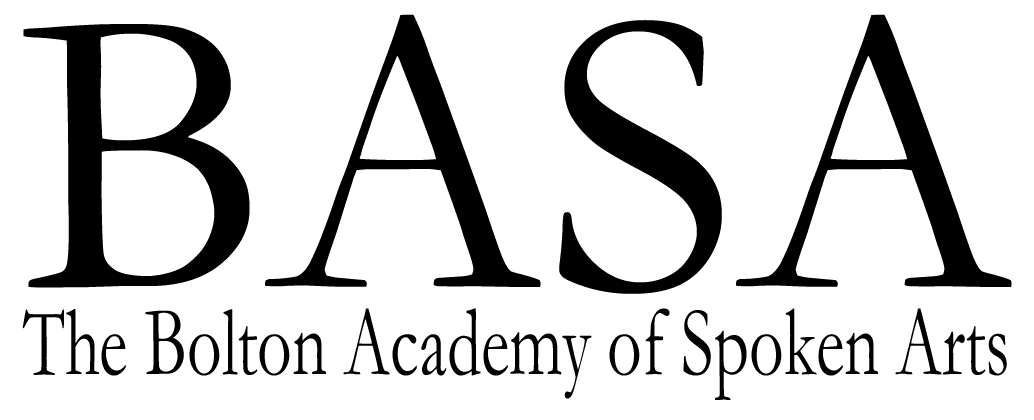“Equal Opportunity” by Jim Wong-Chu
Jim Wong-Chu (1949-2017) was an artist, then a teacher. Under the neon lights of Vancouver’s Chinatown, he captured its life—its inhabitants, its architecture, its everyday—in unreserved detail through photography, poetry, and prose. He devoted his art, his photography and poetry, his editing and event-organizing to highlighting the stories of Asian Canadians. Having arrived in Canada just after the Chinese Exclusion Act, Jim Wong-Chu had to learn how to navigate a society whose fabric was still very much interwoven with anti-Asian sentiment. Nevertheless, he found his calling, taking the lead in carving out more space for Asian Canadians to find their own artistic interests and explore their suppressed heritage. J. Wong-Chu had himself come to Canada as a “paper son,” someone who had immigrated with a false identity. ‘Paper children’ often kept their real past a secret from their descendants, severing them from their family history. Wong-Chu, however, worked to connect those severed lines that ran between person and past. His book, Chinatown Ghosts (1986), is a testament to this effort. The first Chinese Canadian poetry book to ever be published, it captured intimately the daily dislocations faced by Asian Canadians. He was celebrated for cultivating a love of the arts among his community through performances and readings, conferences and gatherings. He incessantly encouraged Asian Canadian writers to write, giving them advice and introducing them to publishers.
This week’s poem is “Equal Opportunity”; a poem that highlights the turmoils, hardships, and discrimination of Chinese workers during the construction of the Canadian Pacific Railway. Upon reading his poem, think about a time where history has taught you a valuable lesson. If you feel inclined to do so, please submit a response below.

